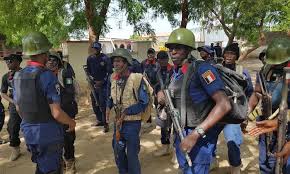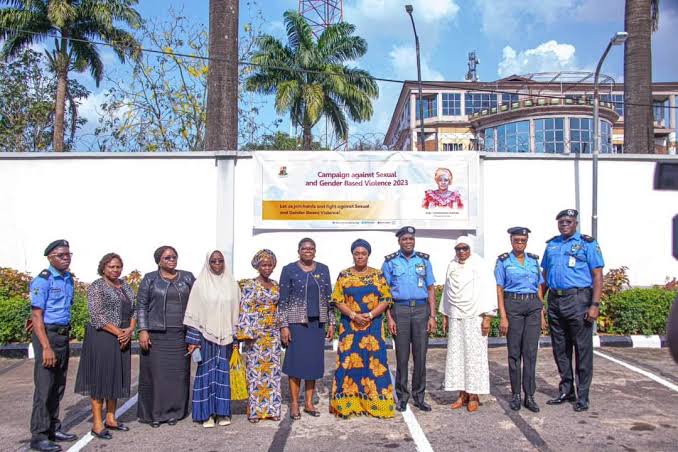The Nigeria Security and Civil Defence Corps (NSCDC) recently conducted a one-day capacity-building program, training 300 personnel to enhance school safety across the North-Central geopolitical zone. This initiative, organized by the National Safe School Response Coordination Centre (NSSRCC), aligns with the government's Safe Schools Declaration targets.
The training, themed “Ensuring Safer Schools for All,” focused on strengthening the capacity of NSSRCC personnel to create secure learning environments for students, teachers, and host communities. NSCDC Commandant General Ahmed Audi, represented by Deputy Commandant General of Technical Services Zakari Ningi, emphasized the Corps' dedication to school safety. He referenced a 2021 vulnerability assessment that highlighted the need for ongoing interventions and encouraged participants to leverage expert insights and strengthen collaborations for more effective security measures.
NSSRCC Commander Rabiu Muhammed highlighted evolving security threats, including cybercrime, drug abuse, and cultism, underscoring the importance of equipping personnel with advanced security innovations and technology to address these challenges effectively. He noted that experts were carefully selected to provide valuable insights during the training and mentioned that similar sessions would be held in other geopolitical zones before mid-year.
This training is part of the NSCDC's broader efforts to implement the Safe Schools Initiative, aiming to protect educational institutions from attacks and abductions. The NSSRCC, established by the Federal Government, coordinates safety and security responses against violence in schools and host communities. Personnel from the NSCDC and other security agencies have undergone specialized training and have been deployed to various communities and schools to focus on prevention and protection.
In addition to training its personnel, the NSCDC has also engaged in training programs for students and teachers. For instance, in Ondo State, the Corps trained 2,000 students and 300 teachers on school security and personal protection as part of efforts to address rising cases of abduction, banditry, and kidnapping.
These initiatives reflect the NSCDC's commitment to ensuring safer learning environments across Nigeria.

.jpg)







